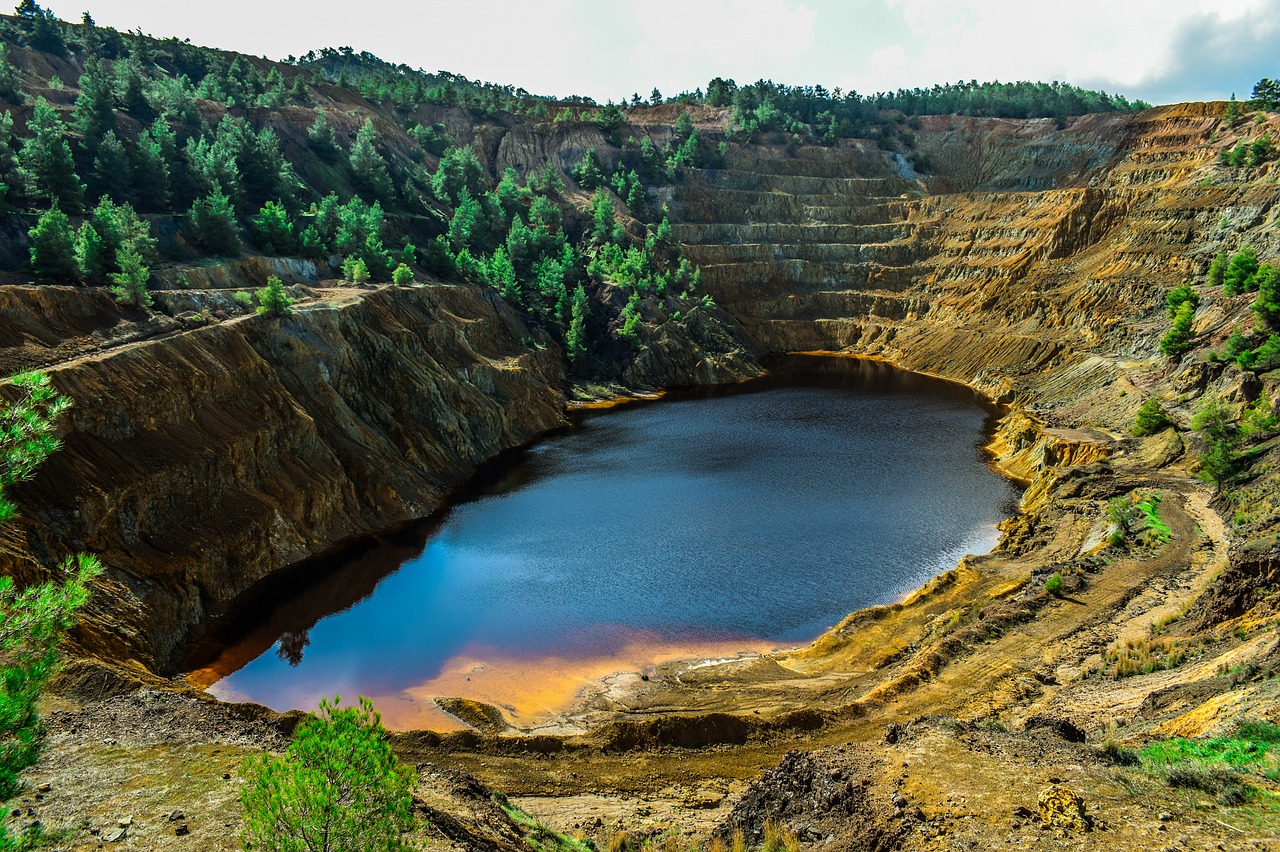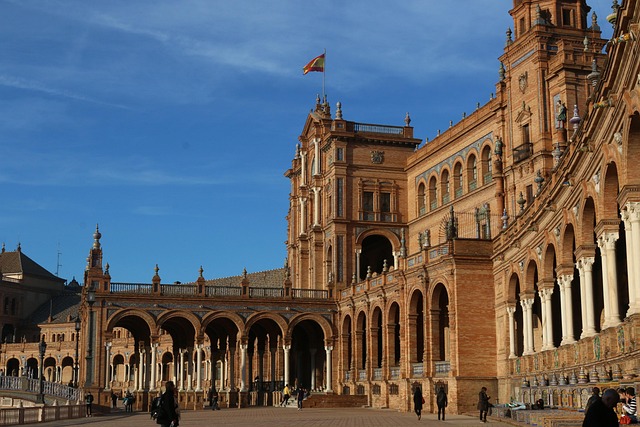The world is scrambling for the critical minerals needed for the clean energy transition. Last week at the OECD Minerals Forum in Paris, representatives from government, business, and civil society discussed how to source them responsibly. But to avoid a repeat of past injustices and ensure a just energy transition, imposing strict sustainability requirements is not enough. Rich countries must curb their relentless production and consumption of critical minerals, argue Beverly Besmanos and Alejandro González.
The rich world is on a global scramble for the minerals that are crucial to ensuring our planet remains liveable. Wealthy countries already use six times more natural resources per capita than low-income ones.
This demand is set to explode as demand for electric vehicles gains momentum. The accompanying surge in mining will have such devastating social and environmental impacts across the globe that no responsible mining standard could match it.
Of course, the worlds’ largest economies need to take climate action and decarbonise as fast as possible. But the current geopolitical competition between the EU, US and China risks perpetuating an already unequal system where countries in the Global North reap the economic benefits, while the environmental and social costs are borne by producing countries in the Global South.
From land and water pollution to forced displacement, Indigenous peoples and local communities are the first to be impacted by unchecked extraction.
Despite the green tint of the EU’s Green Deal, the Critical Raw Materials Act which entered into force today or the United States’ Inflation Reduction Act, all these policies have one thing in common: they are growth strategies, aimed to secure maximum profits from the energy transition for their respective industries.
A systemic shift in mobility
The departure point of any just transition should be reducing the overconsumption of raw materials, particularly by the wealthy, where 1% of the world’s population emits as much as two-thirds of the planet’s poorest. According to some estimates, 384 new mines will “need” to be excavated in the next 10 years to meet climate goals. A primary approach should always be to look at how developed economies, can reduce their material demands so that mines don’t have to be mined in the first place.
Most of the demand for critical transition minerals is for batteries for privately owned electric vehicles (a consumer good), not in windmills or solar panels for access to energy. For example, In the EU, electric car production accounts for 50-60% of the total demand for critical minerals. For cobalt, graphite and lithium over 90 % of demand is for EVs.
All of today’s so-called ‘green’ transport transition policies predominately stimulate demand for private owned vehicles. But the more we can drive down the resource intensity this depends on, the less pressure there will be on the world’s biodiversity, and communities living around current and potentially future mining areas.
If we go for a “far-reaching and truly systemic shift in mobility”, as the UN International Resource Panel proposed in its March report, we could decrease material requirements by 50%, as well as lower energy demand and greenhouse gas emissions. This is the basis for the idea of sufficiency which a growing number of NGOs are championing in the EU.
This shift means that private car ownership must give way to alternatives that are less resource-intensive. Think of shared mobility, better public transport, and increasing space for pedestrians and cyclists. Think of higher taxes on privately owned cars, and cutting subsidies on companies whose business model, such as selling SUVs, prioritise profits over climate.
This is about preserving our environment and local mining communities’ rights. But this is also about equity in the transition.
Stop eating up the world’s resources
The amount of minerals needed for the Global North to decarbonise, with its current level of overconsumption, is so huge that it might not leave enough resources available for poorer nations to develop their own renewable energy access or for future generations. In Asia Pacific, 150 million people don’t have access to electricity, and this number rises to 600 million in Africa. Making sure that these regions can build renewable energy infrastructures, away from oil and gas, is crucial.
A big part of the minerals needed for that shift are often lying in their soils, but are massively exported raw to richer nations. The latter have the responsibility to reduce their energy consumption and stop eating up the world’s resources. Developing nations need a fair share of those minerals to ensure their own transition and future generations need these materials for their own needs.
Industrialised nations also need to respect that mineral-rich and developing countries also need to transform their own minerals to use them for their own energy transition. Only this way can we make sure that every nation on this planet can transition away from fossil fuels and ensure a habitable planet.
The recent creation of the UN Secretary General’s Panel on Critical Energy Transition Minerals shows how the matter is now on top of the global agenda. This is a good sign, as a lot needs to be done to ensure transition mining doesn’t plunge the world into more devastating extractivism. This is a golden chance to help ensure this doesn’t happen, by promoting policies that reduce the Global North’s resource consumption, and enabling those countries that produce transition minerals, to use them.
About the authors
Beverly Besmanos is the national coordinator of Bantay Kita/Publish What You Pay Philippines. She has 15 years of experience in engaging communities, governments, organisations and international academic institutions through participatory action research and capacity building interventions that promote community empowerment in natural resources management. Her work with Bantay Kita revolves in promoting multi-stakeholder platforms to address environmental and social impacts of extractive industries.
Alejandro González is a senior researcher and advocate in SOMO’s Climate Justice team, focusing on critical minerals, the energy transition, and corporate accountability. He has broad experience investigating supply chains across industries, such as mining, batteries, automobiles, consumer electronics, and renewables.











